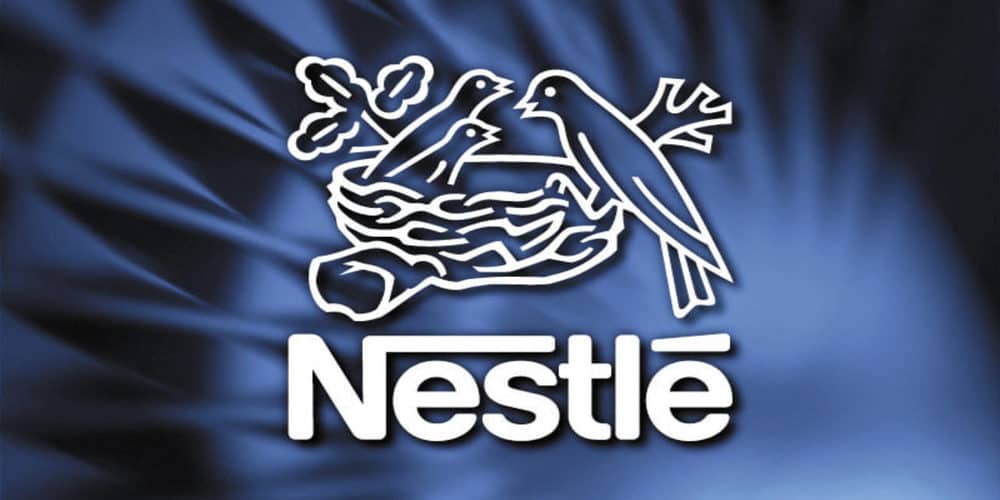Nestle, the Swiss multinational known for brands like Nescafe and KitKat, has reported a decline in sales this year, primarily due to boycotts linked to its association with Israel.
The company has been a target of the boycott, divestment, and sanctions (BDS) movement because of its ownership of Israeli food giant Osem, acquired in 2016.
Boycotts affect sales growth
In a trading update on Thursday, Nestle revealed that consumer hesitancy towards global brands, driven by geopolitical tensions, has slowed its real internal growth (RIG) metric—a key measure of sales volume growth excluding price hikes.
Nestle’s RIG fell from 2.2% in the second quarter of 2024 to 1.3% in the third quarter.
This decline surprised analysts, as many had expected growth to accelerate.
Deutsche Bank noted that the slowdown reflects the impact of consumer boycotts, especially as Nestle faces pressure from the BDS movement over its ties to Israel.
Osem, one of Israel’s largest food companies, has made Nestle a prime target of activists who protest against its business dealings in the region.
CEO outlines leadership changes
Laurent Freixe, Nestle’s new CEO, also announced plans for a significant leadership overhaul to increase efficiency and speed up decision-making.
Laurent Freixe stepped in as CEO after Mark Schneider’s eight-year tenure which saw Nestle’s stock lag behind the broader European market, gaining only 20% compared to a more than 40% rise in the Stoxx 600 Index.
The restructuring is expected to create a leaner executive board, which Freixe believes will allow the company to respond more quickly to market challenges and opportunities.
Nestle has faced consumer boycotts before, notably in the 1970s over its controversial marketing of formula milk in developing countries.
This latest challenge comes as the company struggles to maintain growth amidst geopolitical tensions.
Nestle cuts outlook after Q3 miss
Nestle reported a 2.5% year-over-year drop in sales, to 67.1 billion Swiss francs ($77.6 billion), for the first nine months of 2024.
The decline in real internal growth was particularly sharp in North America, its largest market, where reported sales fell by 2.6%.
Nestle now expects its full-year operating profit margins to slightly decrease to 17%, down from 17.3% in 2023.
Although its shares have lost 12% of their value in 2024, they saw a 2% uptick on Thursday following the trading update.
Analysts at Jefferies pointed out that the latest update was “notably below even revised expectations,” warning that the disappointing performance is likely to trigger further consensus earnings cuts of 3-4% for the full fiscal year.
The post Nestle says its sales are taking a hit due to Israel-linked boycotts appeared first on Invezz

